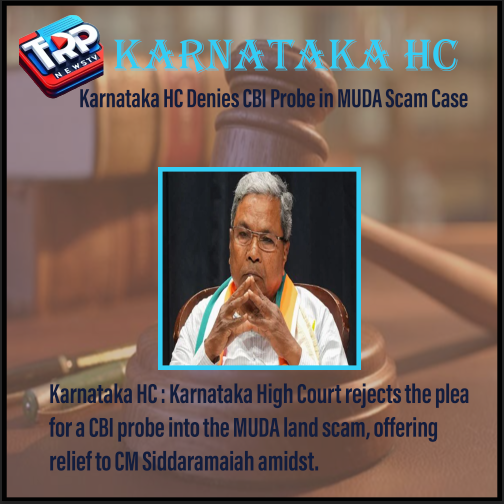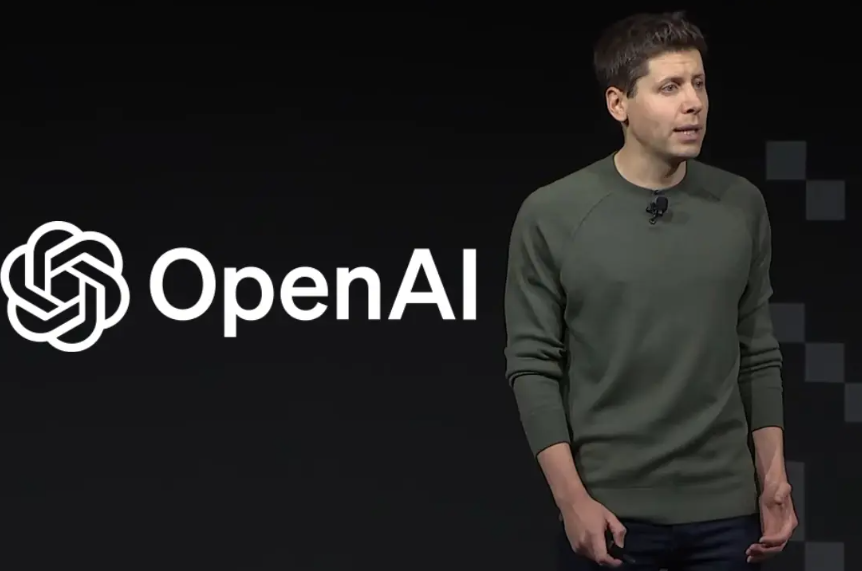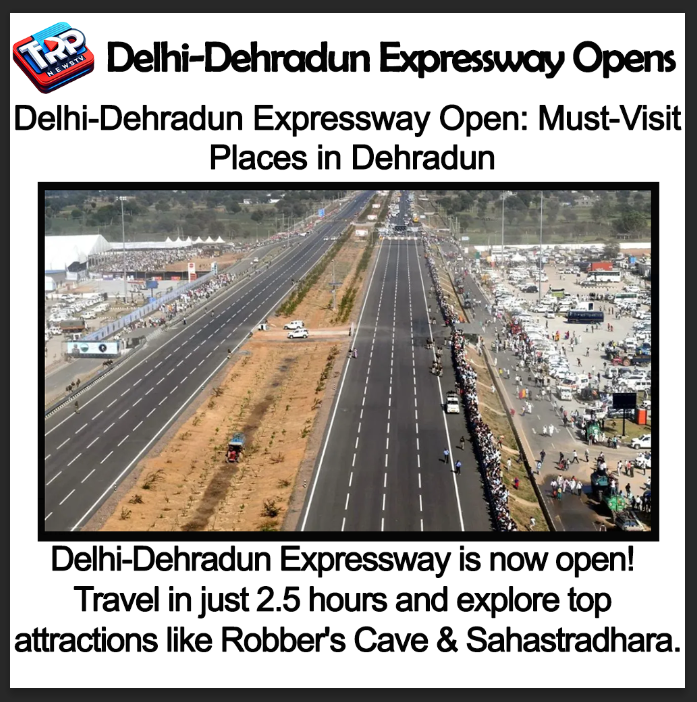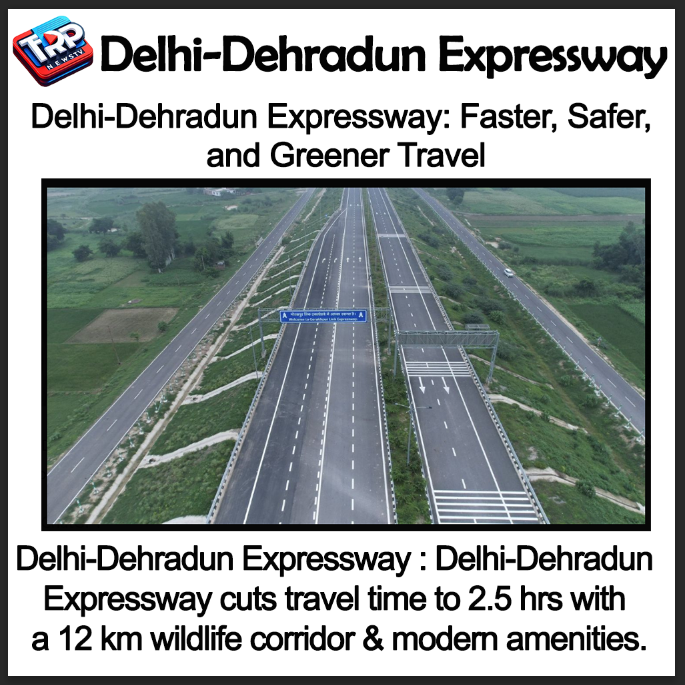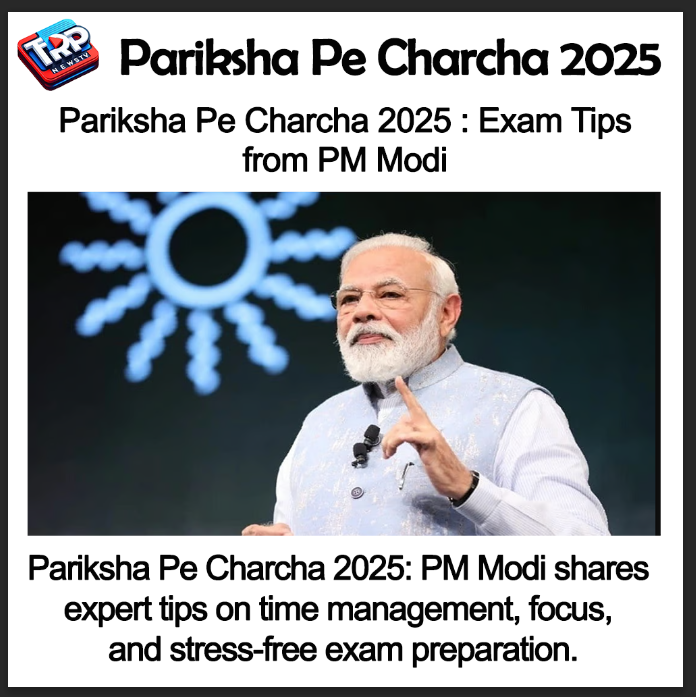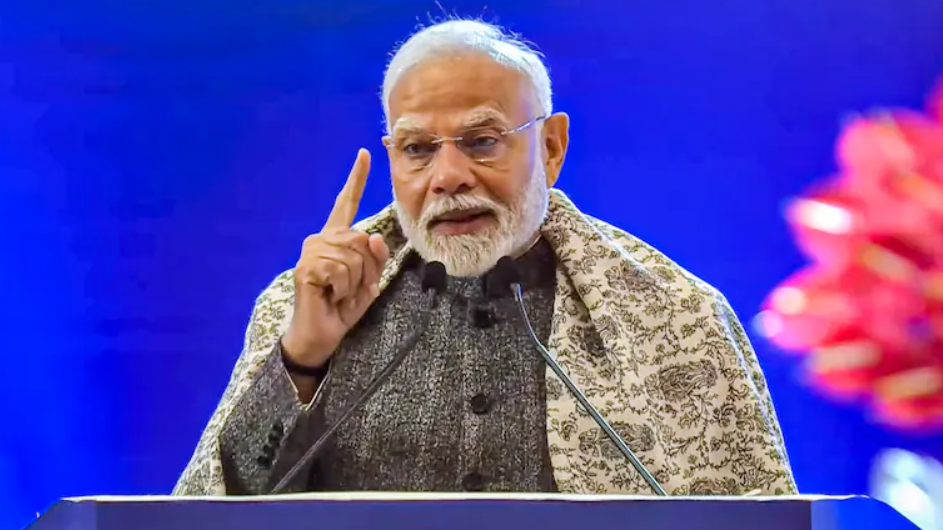
PM Modi Calls for Critical Discussion on ‘One Nation, One Election’ for Strengthening India’s Democracy
Prime Minister Narendra Modi has emphasized the importance of a critical discussion on the concept of ‘One Nation, One Election’ in India, highlighting how this initiative can play a vital role in strengthening the country’s democratic process and improving governance. Addressing the nation at a key event, PM Modi reiterated the government’s commitment to ensuring that the country’s electoral system evolves in a way that benefits the democratic fabric of India.
The proposal of holding simultaneous elections for the Lok Sabha (the lower house of Parliament) and state assemblies has been a long-standing topic of debate. Proponents argue that One Nation, One Election can reduce the election-related burden on the government, improve governance efficiency, and help streamline the electoral process. Critics, however, raise concerns over its feasibility, constitutional challenges, and the impact on federalism in India.
In his address, PM Modi encouraged all political parties and stakeholders to engage in a constructive discussion on the matter, highlighting the need for an inclusive dialogue to evaluate the pros and cons of this proposal.
The Concept of ‘One Nation, One Election’: A Brief Overview
The ‘One Nation, One Election’ proposal advocates for the simultaneous conduct of elections to the Lok Sabha and state assemblies across India. Currently, elections in the country are held in a staggered manner, with different states and the central government having elections at different times. The idea behind One Nation, One Election is to have a unified electoral schedule for the entire country, where national and state elections take place at the same time.
This concept has the potential to address a number of challenges faced by the nation during elections, including the high costs of holding multiple elections, the impact on the day-to-day functioning of the government, and the frequent model code of conduct, which can disrupt government activities.
However, the proposal has been met with mixed reactions. While some see it as an effective solution to make the electoral process more streamlined, others fear it could undermine the autonomy of state governments and centralize political power further.
PM Modi’s Push for Political Consensus on ‘One Nation, One Election’
PM Modi emphasized that ‘One Nation, One Election’ is not just about reducing election costs, but also about promoting greater efficiency in governance. The Prime Minister urged all political parties to set aside their differences and engage in a constructive dialogue on this matter. He emphasized that any change in the electoral process must come with careful consideration of the broader implications for the country’s democratic framework.
“The idea of One Nation, One Election is not something that should be seen as a political tool. It is a discussion that needs to be based on the merits and demerits of such an approach,” PM Modi said. “We must ensure that the decision we make reflects the values and aspirations of every Indian citizen.”
The Prime Minister also acknowledged the concerns raised by various political parties and stakeholders about the feasibility and impact of simultaneous elections, suggesting that a detailed examination of the issue was necessary. He pointed out that the proposal would require constitutional amendments and a series of reforms, which would only be implemented after broad political consensus is achieved.
Benefits of ‘One Nation, One Election’: Streamlining the Electoral Process
PM Modi outlined several potential benefits of implementing One Nation, One Election. These include:
- Reduction in Election Costs: Conducting simultaneous elections for the central and state governments would reduce the cost of organizing elections. Election expenses for both the government and political parties would be consolidated, making the process more efficient.
- Reduced Election Frequency: Holding elections at regular intervals can disrupt the functioning of governments at both the state and national levels. One Nation, One Election could reduce the frequency of elections and help in maintaining a stable governance environment.
- Improved Governance: With fewer election cycles, governments would be able to focus on governance and development work without the constant distraction of preparing for elections. This could lead to better policy implementation and more effective administration.
- Increased Voter Turnout: Simultaneous elections could boost voter participation by reducing the chances of voter fatigue, which often arises from multiple elections in a short period.
Challenges and Criticisms: The Debate Over ‘One Nation, One Election’
While the potential benefits of One Nation, One Election are evident, there are several challenges and criticisms associated with the proposal. These concerns have been raised by various political leaders and experts.
- Impact on Federalism: One of the major concerns about simultaneous elections is that it may reduce the power of state governments and undermine federalism. Critics argue that the central government could dominate the electoral landscape, leaving state-specific issues sidelined.
- Constitutional Amendments: Implementing One Nation, One Election would require significant constitutional amendments. The existing framework allows for staggered elections, and changing this would require political consensus across multiple parties and stakeholders.
- Election Logistics: Organizing simultaneous elections across the country would require massive logistical planning, particularly given the size and diversity of India. Ensuring that all regions of the country are equipped to handle a simultaneous electoral process is a daunting task.
- Political Parties’ Concerns: Many political parties are skeptical of the idea, fearing that it could benefit larger national parties and leave regional parties with less representation. Regional issues could be overshadowed by national-level politics, leading to imbalanced governance.
The Way Forward: Dialogue and Consensus-Building
PM Modi’s call for a comprehensive and inclusive dialogue on One Nation, One Election signals the government’s willingness to address all concerns and reach a political consensus. The success of this proposal will depend on how effectively political parties can engage in constructive discussions and whether constitutional amendments can be made to accommodate the changes.
“The strength of India’s democracy lies in its diversity. We must ensure that any changes to our electoral process respect this diversity and uphold the democratic principles that have guided us since independence,” PM Modi concluded.
In the coming months, discussions on One Nation, One Election will likely intensify, with the government seeking feedback from various stakeholders, including political parties, constitutional experts, and civil society organizations. A careful, inclusive approach will be essential to determine whether simultaneous elections can become a reality in India.
